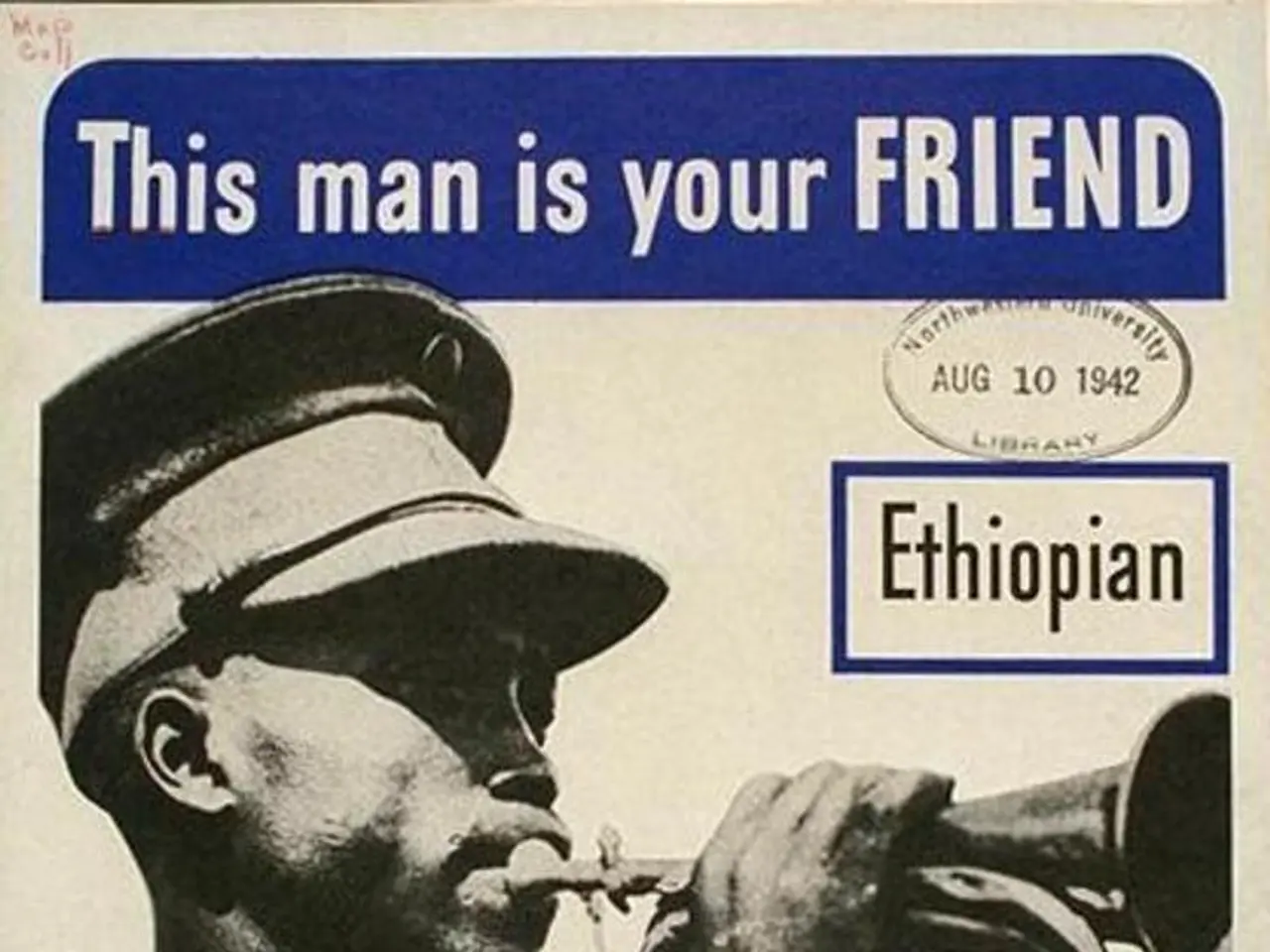Ugandan Court Refuses Bail to Opposition Leader Kizza Besigye in Treason Trial
In a significant development in Ugandan politics, Kizza Besigye, a prominent opposition figure and former ally of President Yoweri Museveni, has been denied bail after nearly nine months in jail on treason charges. The judge, Emmanuel Baguma, ruled that Besigye's constitutionally mandated 180-day remand period had not yet been completed, counting only from February 21, 2025, when he was formally charged in a civilian court—not from his initial detention by a military court in November 2024.
Besigye, who has stood against Museveni in four elections, denies any wrongdoing in the charges against him. His defense argued that he had been detained continuously since November 20, 2024, including military court detention, and thus was entitled to bail under Article 23(6)(c) of the Ugandan Constitution. However, the court did not accept counting the detention period before civilian court charges toward the 180-day requirement.
The denial of bail has sparked international outcry and concerns about unlawful detention and the precedent it sets. Human rights advocates and organizations, including the UN Human Rights Office and Amnesty International, have condemned the decision as a violation of due process and international human rights standards.
The case raises significant concerns about the impact on Uganda’s upcoming national elections. Critics view Besigye’s prolonged detention and denial of bail as part of a broader pattern of political repression against opposition figures ahead of the 2026 elections. This includes the controversial re-authorization of military tribunals for civilians and the accelerated treason trial, seen as attempts to undermine opposition participation and weaken democratic processes.
President Museveni, who is 80 years old, is seeking re-election in next year's national election. The outcome of Besigye's case could have a significant impact on the political climate and the outcome of the election. Government critics, opposition leader Bobi Wine, and rights groups have expressed concerns about a potential crackdown ahead of the vote.
It is currently unclear if Besigye will run in the next election. His past elections against Museveni have all ended in defeat. The case involving Besigye is one of several cases that have raised questions about the fairness and impartiality of the Ugandan justice system.
Besigye was arrested in 2022 on charges of inciting violence. Initially, his case was heard in a military tribunal, but it was later transferred to a civilian court. His forced return to Uganda from neighboring Kenya in November last year also caused controversy.
The government denies targeting opposition figures and claims that those who have been detained have committed crimes. However, the ongoing case against Besigye and the broader political landscape in Uganda continue to be a matter of international concern.
- The denial of bail for Kizza Besigye, a former ally of President Yoweri Museveni, amid treason charges, has drawn criticism from human rights organizations and the international community, who view it as a potential precedent for unlawful detention.
- The prolonged detention of Besigye, who has a history of standing against Museveni in elections, has sparked concerns about the impact on Uganda's upcoming national elections, with critics seeing it as part of a broader pattern of political repression against opposition figures.
- The ongoing case against Besigye, originally heard in a military tribunal and later transferred to a civilian court, is one of several instances that question the fairness and impartiality of the Ugandan justice system.
- The ongoing case against Besigye, the government's policy on military tribunals for civilians, and accelerated treason trials are all matters of international concern in the context of war-and-conflicts, politics, policy-and-legislation, general-news, and crime-and-justice.







